Optimal Timing for Fish Tank Moves
Scheduling a fish tank move requires careful consideration to ensure the health of aquatic life and the safety of the tank. The optimal time for moving a fish tank is during periods of low environmental stress, typically when ambient temperatures are stable and there are fewer disruptions in routine. Avoid moving during extreme weather conditions or when fish are breeding or experiencing stress.
Moving during seasonal transitions can cause temperature fluctuations that stress fish and damage equipment. It is best to plan moves in stable weather periods.
Choose times when household activity is minimal to reduce stress on fish and simplify the moving process.
Schedule moves when fish are healthy and not recovering from illness or stress to minimize risks.
Proper planning and preparation before the move can prevent unnecessary delays and reduce stress for aquatic life.

Proper equipment and handling techniques are essential for safe transportation.

Gradually acclimate fish and transfer them in secure containers to minimize stress.

Securely pack filters, lights, and decor to prevent damage during transit.
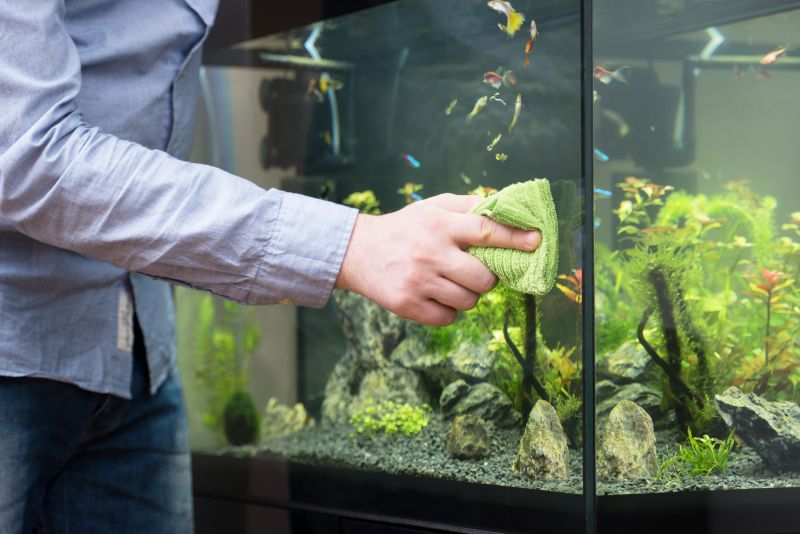
Ways to make Fish Tank Movings work in tight or awkward layouts.

Popular materials for Fish Tank Movings and why they hold up over time.
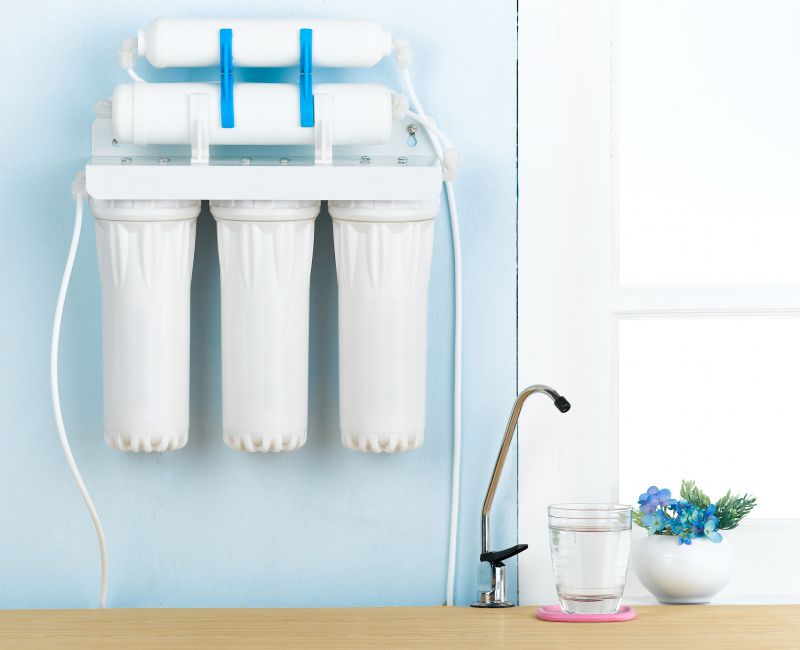
Simple add-ons that improve Fish Tank Movings without blowing the budget.
| Factor | Recommendation |
|---|---|
| Temperature Stability | Move during periods of consistent weather |
| Fish Breeding | Avoid moving during breeding seasons |
| Household Activity | Schedule during low activity times |
| Fish Health | Move when fish are healthy |
| Weather Conditions | Avoid extreme weather |
Fish tank moving involves more than just transporting the aquarium; it requires careful planning to ensure the safety of aquatic life and equipment. Proper timing minimizes stress on fish and reduces the risk of damage to the tank and accessories. Statistics indicate that a well-timed move can reduce fish mortality rates by up to 50% and prevent equipment failure caused by abrupt temperature or environmental changes.

Drain and pack the tank carefully to prevent damage.

Use insulated containers to maintain temperature during transit.
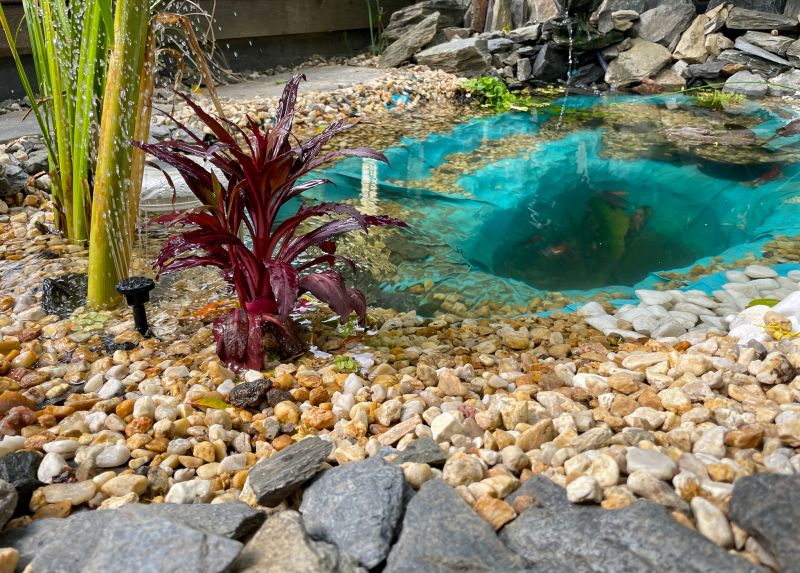
Set up the tank in the new location with proper water parameters.
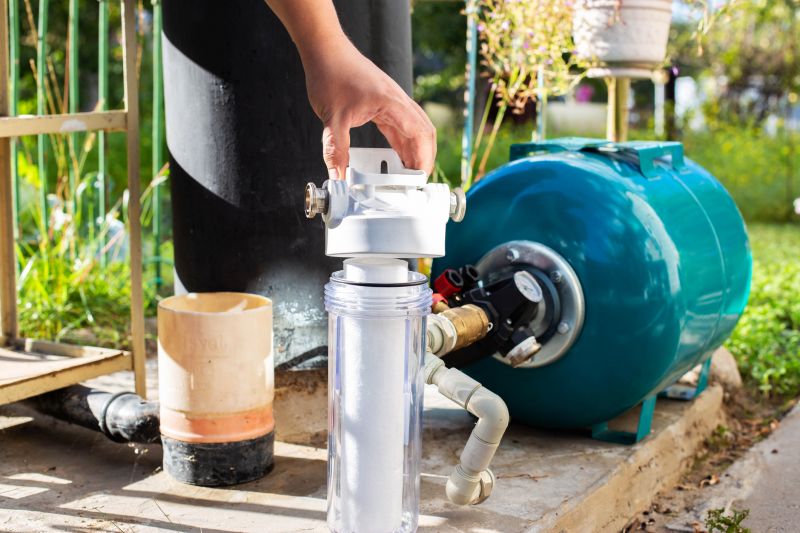
Check water quality and fish health regularly after the move.
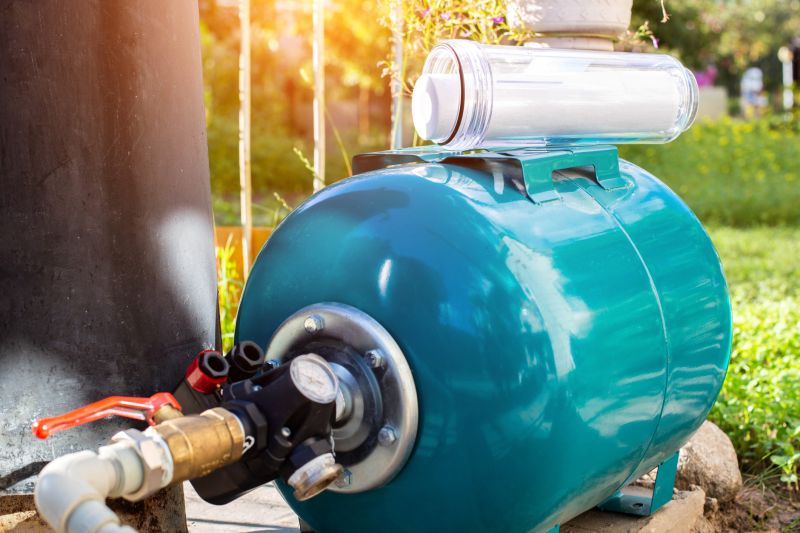
High-end options that actually feel worth it for Fish Tank Movings.

Finishes and colors that play nicely with Fish Tank Movings.
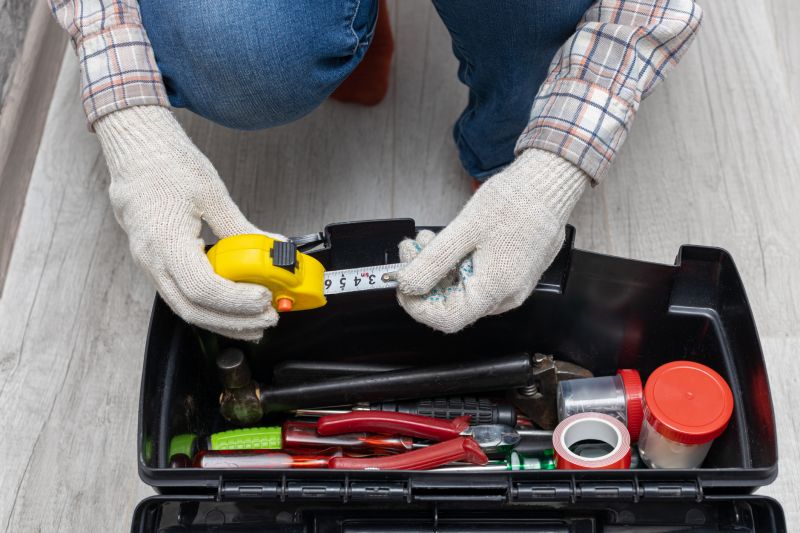
Little measurements that prevent headaches on Fish Tank Movings day.

A 60-second routine that keeps Fish Tank Movings looking new.

A frequent mistake in Fish Tank Movings and how to dodge it.
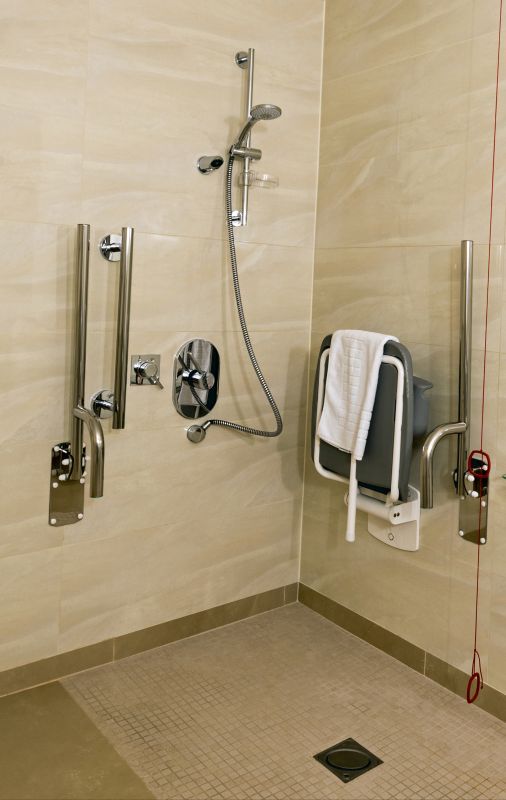
Small tweaks to make Fish Tank Movings safer and easier to use.
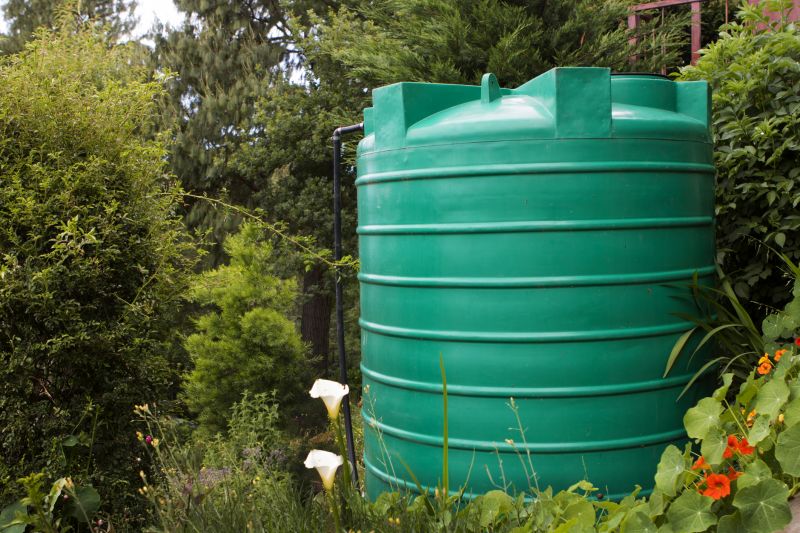
Lower-waste or water-saving choices for Fish Tank Movings.
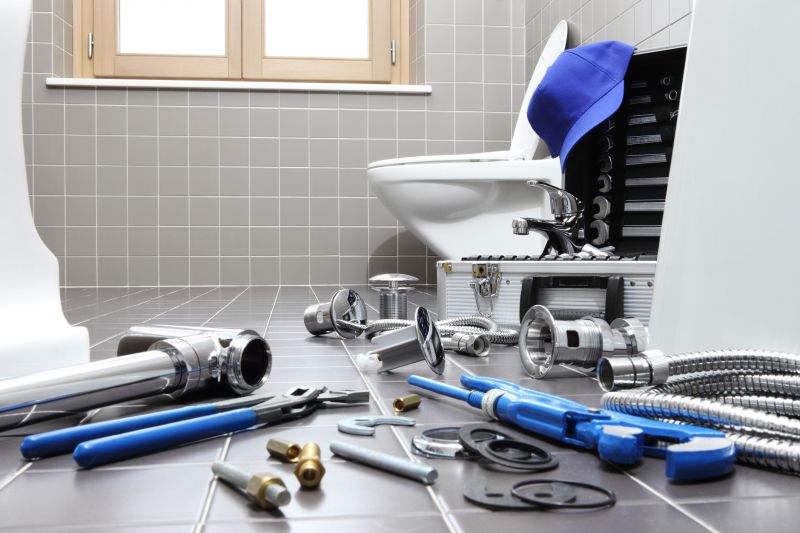
The short, realistic tool list for quality Fish Tank Movings.
Interested in arranging a fish tank move? Filling out the contact form can facilitate a smooth transition, ensuring proper handling and minimal stress for aquatic life. Proper timing and preparation are key components to a successful move, helping preserve the health of fish and integrity of the aquarium.
